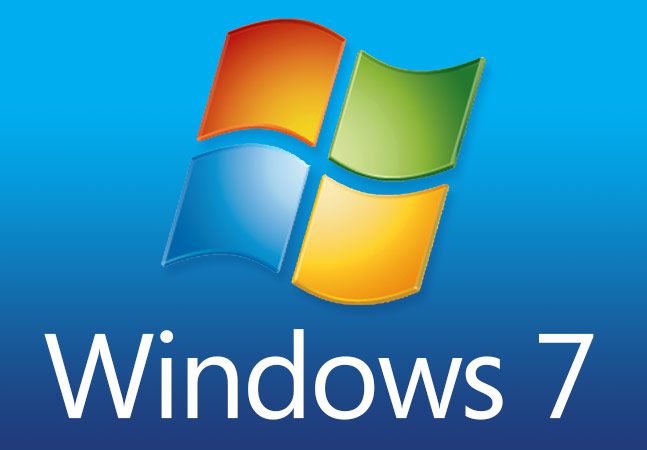
Kaspersky Lab this week described more about a zero-day Windows vulnerability (CVE-2019-0859) that its researchers recently discovered, and how PowerShell was used by the exploit.

Microsoft on Friday sent letters to some of its e-mail users that their accounts may have been accessed by "individuals outside Microsoft" over the past three months.

The United States Computer Emergency Readiness Team issued an alert this week about the improper storage of session data by virtual private network applications.

Microsoft published a notice on Wednesday that System Center Configuration Manager 2007 (SCCM) and Forefront Endpoint Protection 2010 (FEP) both will fall out of support on July 9, 2019.

Microsoft announced the release of its April security patches on Tuesday, addressing 74 unique vulnerabilities.

A recently added "tamper protection" feature finally corrects an obvious security gap in Microsoft's anti-malware solution.

Microsoft's Azure Active Directory Password Protection feature is now deemed ready for deployment by organizations, having reached "general availability" status, according to Microsoft's announcement on Tuesday.

Microsoft this week announced release milestones for some of its management, security and compliance tools.

Software security firm Kaspersky Lab announced that Asus computer users were targeted last year with malware via Asus' update utility in a so-called "supply-chain attack."

Microsoft this week announced a bunch of security product enhancements.

Microsoft released security patches on "update Tuesday" to address 64 common vulnerabilities and exposures (CVEs), which were typically associated with products like Windows, Office services and Microsoft's browsers.

Google on Thursday described two "zero-day" vulnerabilities affecting both the Google Chrome browser and Windows 7 systems that are being actively used in targeted attacks.

With Office 365 emerging as a big target for today's hackers, it's important to know how your organization's security measures up.

Microsoft added a few improvements to Azure Firewall, its firewall-as-a-service security offering for organizations using Azure virtual machines.

The World Wide Web Consortium (W3C) announced on Monday that the Web Authentication (WebAuthn) specification is now considered to be an official W3C standard, which likely will accelerate passwordless authentications for Web transactions.

Microsoft plans to start selling its Windows 7 Extended Security Updates plan to organizations on April 1, 2019, according to a Friday announcement.

Metadata can say a lot about a given document -- as well as the document's creator. Here's how to manage what types metadata appear in your Office documents to protect your security while still giving useful information.

The Windows Defender Advanced Threat Protection service can now be used to help address security issues with Windows 7 and Windows 8.1 clients.

Microsoft issued Security Advisory ADV190005 on Wednesday concerning a potential HTTP/2 settings issue for users of Internet Information Services (IIS) on Windows Server.

Microsoft on Friday described its 2019 timeline for when it will start distrusting Secure Hash Algorithm-1 (SHA-1) in supported Windows systems, as well as in the Windows Server Update Services 3.0 Service Pack 2 management product.